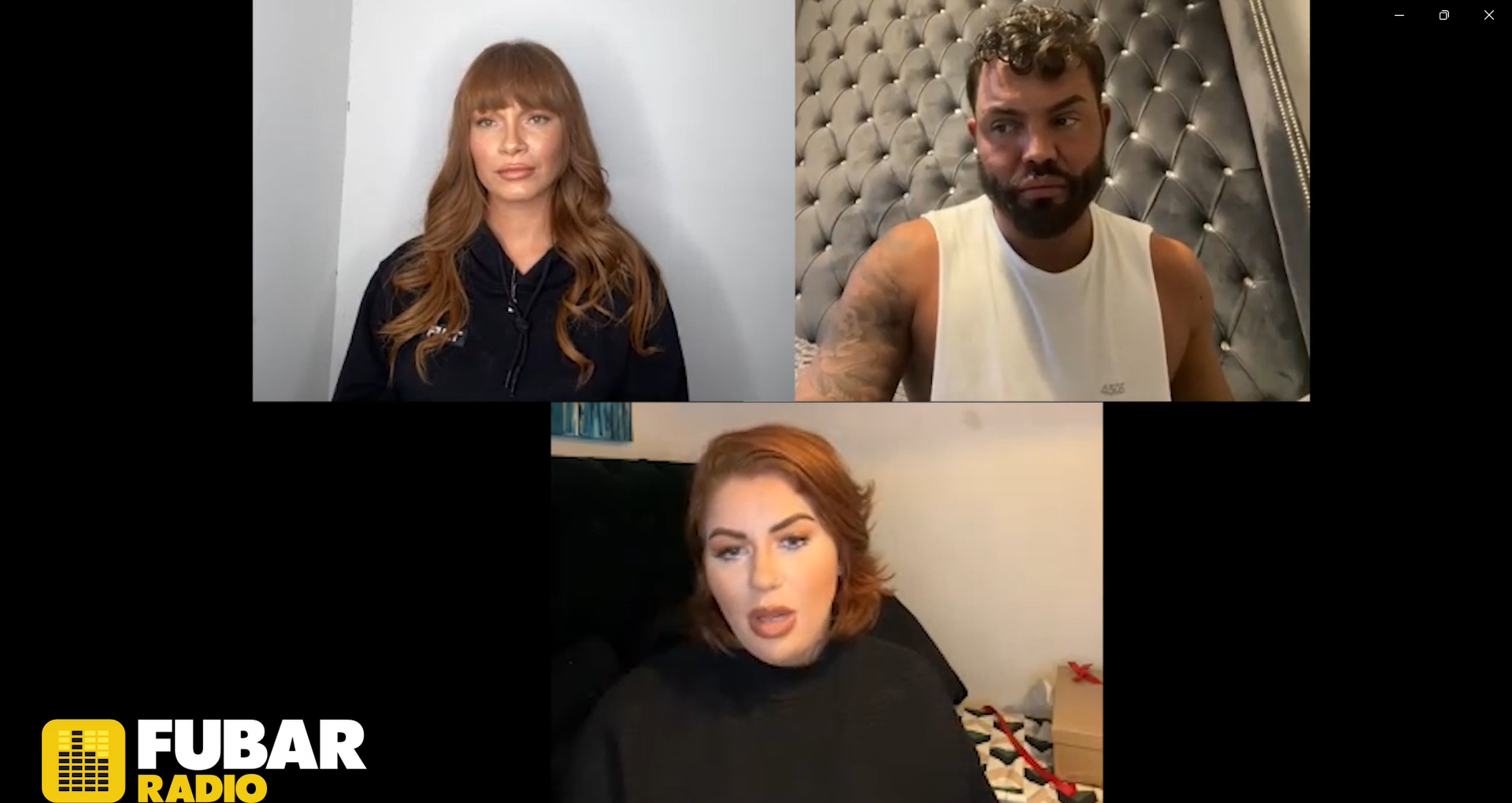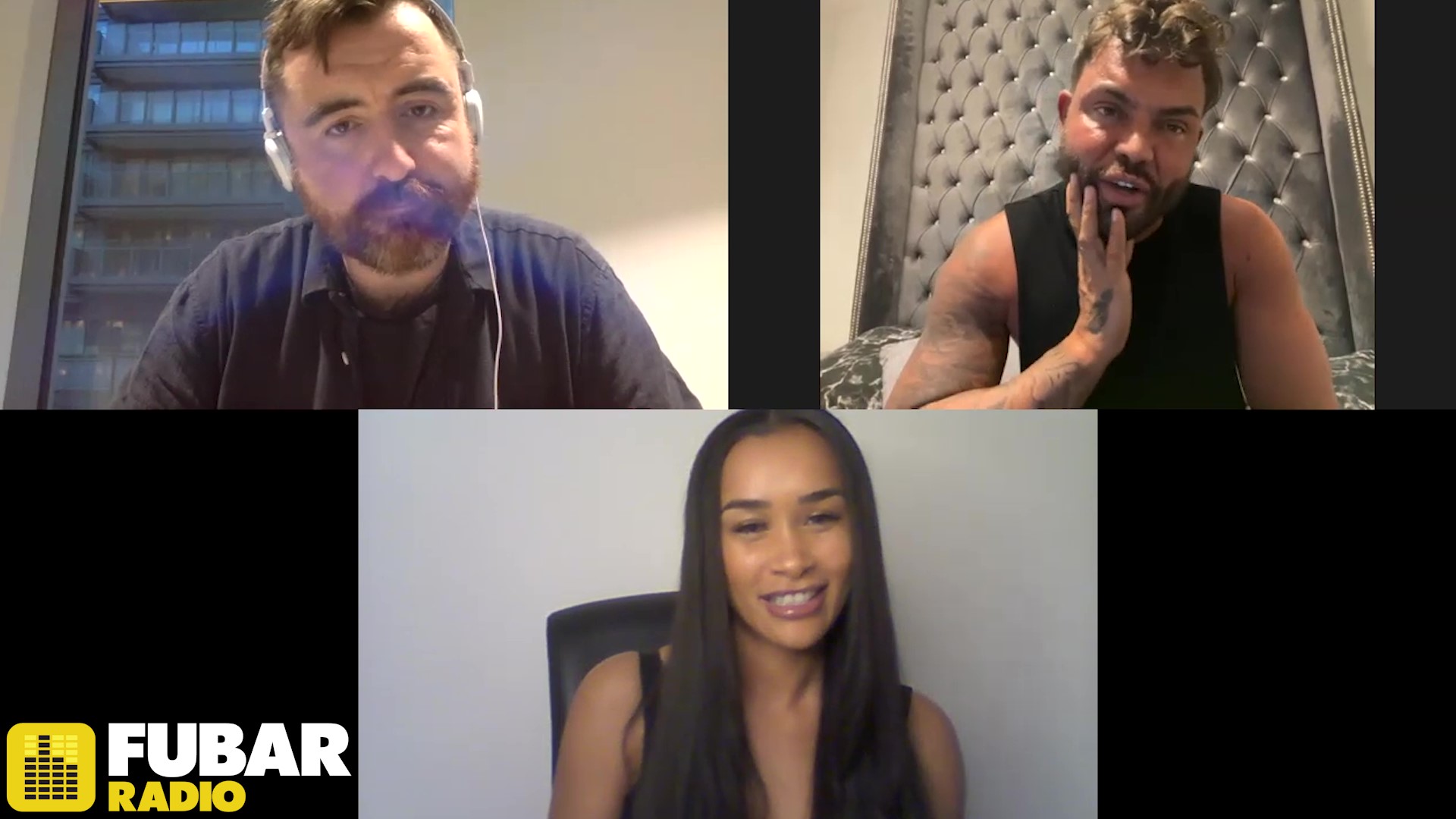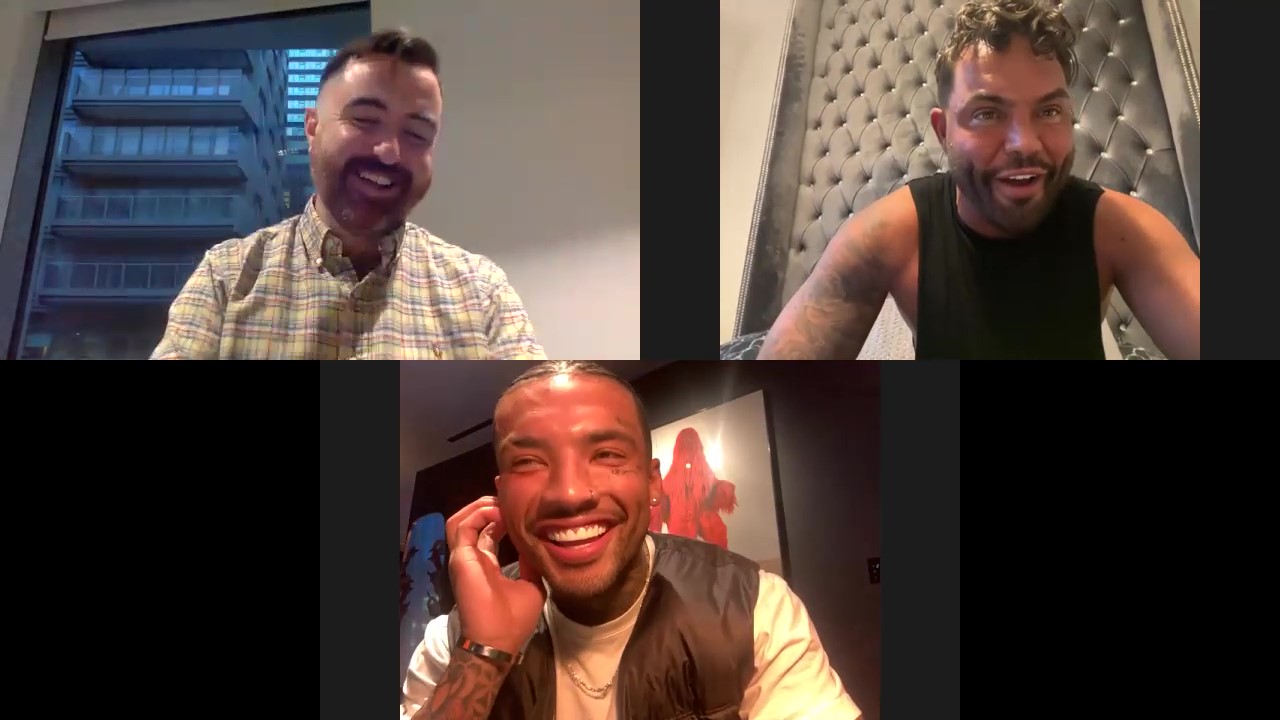Drag Race UK star Harry Whitfield otherwise known as Charity Kase has revealed how he wanted to be the least feminine drag artist on the show, to show how femininity doesn’t need to equal being pretty.
Chatting to hosts Bobby Norris and Stephen Leng on the showbiz gossip programme Access All Areas, the reality star, who came 8th in the show last year, spoke about if he had any regrets from being on Drag Race UK:
“[I have] no regrets per se, because I wouldn’t change the way I am for anything. I think the reason I talk about the things I talk about and stand up for the things I stand up for, and the reason that I look the way I look in drag is political, it has meaning behind it.”
He then went on to explain how he saw himself as a feminist:
“I’m a hardcore feminist, I think that we, as mostly queer men, shouldn’t put women in the same box as straight men do. It’s my responsibility as a man to try and change the boundaries of what it means to be a man and to do that for women as well, instead of pushing the same stereotype that have held down women and kept them oppressed for generations.”
He continued:
“That’s my reasoning behind not shaving my legs, that’s why I refuse to tuck, that’s why I refuse to conform to society’s beauty standards. I think it’s necessary that the young girls watching the show have somebody to look up to that doesn’t necessarily look like a blow-up sex doll.”
When asked by Stephen if he finds it frustrating that the drag queens who usually win Drag Race tend to conform to societal norms, the 25-year-old responded candidly saying:
“It’s not frustrating, I think everyone’s drag is valid and I’m not suggesting that people’s drag is wrong, because it is replicating what the majority see as womanhood… I do think it is important that we highlight alternative styles of beauty as well and that we hold them up to the same level and treat them with the same kind of respect.”
He then went on to say:
“What was frustrating to me was being told to change my drag up or being told that I would look better if it was a pretty face with this look. It just plays into that narrative of ‘do we really know what we’re saying here’ because we are pointing at a man and saying you’re not woman enough because you don’t look like that and that’s kind of, if anything, the opposite of what we’re trying to fight for in our community.”
He then said:
“We’re trying to fight for self-identification and people not looking like what you expect them to look like and calling them what they want to be called. So, I think that it’s important that we don’t push the narrative of this is a woman and instead we broader that narrative.”
Also in the interview, the university student revealed how audiences have reacted to his drag performances since leaving Drag Race:
“There are so many women in the audience when I do a show that don’t necessarily know why they like what I do, but they like it. When I open myself up and talk about it like this, it opens their eyes up a little bit more and they are like ‘oh, that’s why I relate to you’ because they don’t see themselves as that stick figure or porcelain doll which we see winning Drag Race every season.”
https://www.instagram.com/p/Ckih7JsOQDo/?hl=en
Listen to the full episode of Access All Areas, also featuring Abigail Rawlings and Chanita Stephenson here



